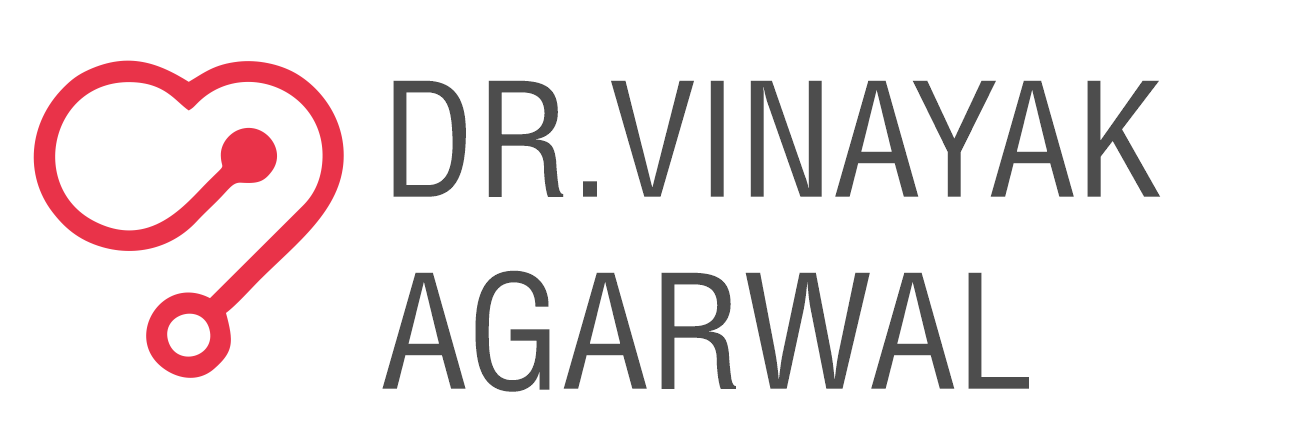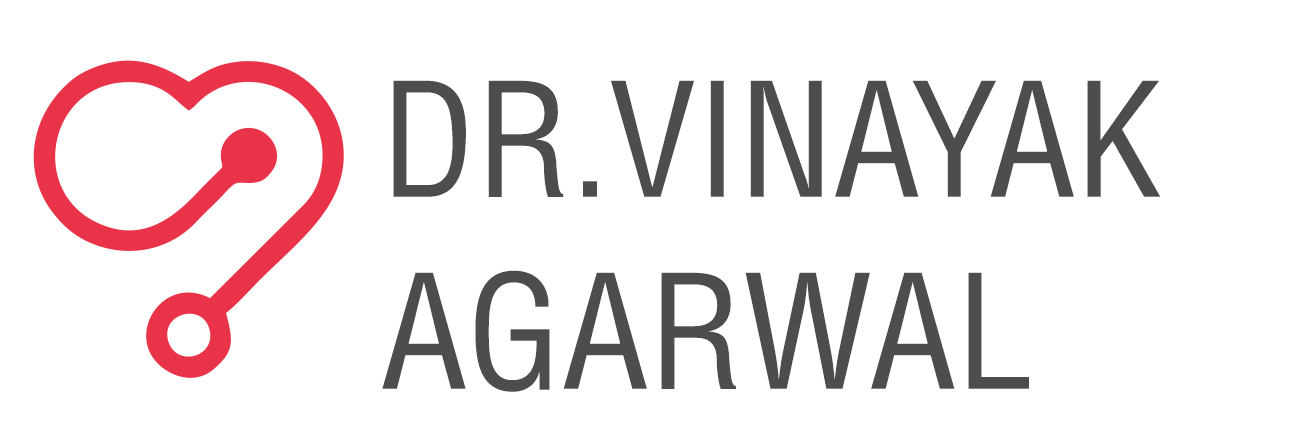Are You Getting Health Care You Don’t Need?
In today’s fast-paced world, staying proactive about health seems to be at the forefront of everyone’s mind. With advertisements for discounted imaging tests, supplements claiming to cure every ailment, and employers offering health screens as perks, it’s easy to feel overwhelmed by the myriad of health options available. But it’s crucial to understand that more health care isn’t always better health care. Sometimes, skipping certain tests and treatments could save you time, money, and even improve your health.
Understanding Unnecessary Health Care
Many adults and health-conscious individuals believe that obtaining maximum healthcare services ensures optimal health. However, identifying unnecessary or redundant tests, treatments, and supplements can not only save resources but also prevent potential harm. Here are some key areas of concern:
1.Unnecessary Medical Tests
- Heart-related Tests: Many people undergo routine heart tests such as EKGs or stress tests without any symptoms or high risks of cardiovascular disease. While these tests can be vital for those with symptoms or high-risk factors, they may be unnecessary for others. Unwarranted tests can lead to false positives, prompting invasive procedures and unnecessary treatments.
- General Screenings: Regular health checks can be beneficial, but not all screenings are necessary for everyone. Over-screening can result in stress, unnecessary treatments, and higher medical bills. It’s essential to understand which screenings are truly needed based on your age, health status, and risk factors.
- Daily Supplements and Medications
- Supplements Caution: The dietary supplement industry is booming, but not all supplements are necessary or beneficial for everyone. For instance, while vitamin D and omega-3 supplements are popular, their routine use hasn’t proven to provide significant benefits for everyone. It’s crucial to consult with a healthcare provider to determine if supplements are necessary for you.
- Revisiting Aspirin Use: Previously, daily low-dose aspirin was recommended for preventing first-time heart attacks or strokes. However, new guidelines suggest its use should be limited to those who have already experienced cardiovascular events or are at high risk, considering the side effects like stomach bleeding and increased stroke risk.
Evidence-Based Care and Mindful Health Decisions
Incorporating evidence-based care into your healthcare decisions is vital. Here’s how you can ensure you’re receiving care that truly benefits your health:
- Consult Your Doctor: Have open conversations with healthcare providers about the necessity of tests, treatments, and supplements. Don’t hesitate to ask why a specific test is recommended and how it will impact your health.
- Prioritize Essential Screenings: Know which screenings are crucial for your age, gender, and health status. Regular check-ups for conditions like hypertension, diabetes, and cholesterol are fundamental, especially for those with risk factors.
- Question Supplements: Before starting any supplement, consult with your healthcare provider to ensure it’s necessary. Rely on a balanced diet rich in nutrients rather than supplements.
- Educate Yourself: Stay informed about health recommendations from trusted sources like the World Health Organization (WHO) and India’s Ministry of Health and Family Welfare.
- Weigh Risks vs. Benefits: Always consider the potential benefits and risks of a healthcare service before proceeding. Opt for interventions where the benefits clearly outweigh the risks.
Heart Health Focus
Cardiovascular diseases remain a leading cause of health concerns globally. Here’s what you should know about heart health:
- Understand Your Risks: Identify personal risk factors such as family history, lifestyle habits, and existing health conditions. Regular blood pressure checks and cholesterol level assessments are crucial.
- Adopt a Heart-Healthy Lifestyle: Engage in regular physical activity, maintain a balanced diet, avoid smoking, and limit alcohol consumption to support heart health.
- Medication Adherence: If prescribed medication for heart conditions, ensure adherence to prevent complications and manage your condition effectively.
Conclusion
Focus on making informed decisions when it concerns your health, avoid over or under investigations. Consult your primary General Physician, read from trusted sources and not be a part of a fad promoted





